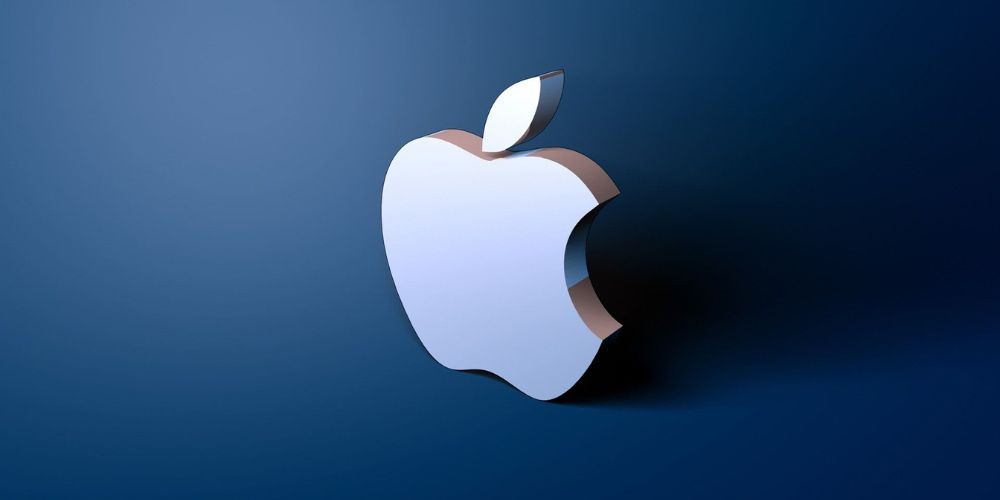Apple's Sideloading Standoff: A Commission Conundrum in the EU
- Jan 26, 2024
- 151

In a bold move that's inciting buzz across the tech landscape, Apple is reportedly considering extending its financial grasp into the realm of sideloaded apps within the European Union. This strategic pivot comes on the cusp of fresh EU legislation aimed at dismantling the walled garden of Apple's App Store monopoly, mandating an environment where iPhone users can freely download apps from third-party sources. Despite the seemingly lucrative horizons for developers, Apple's signals suggest it's not ready to relinquish its slice of the fiscal pie, stirring a pot already boiling with contention and corporate strategy.
The heart of the matter lies within the EU's Digital Markets Act, which loosens Apple's tight reins and empowers users to explore beyond the App Store's curated landscape. This paradigm shift stands to resculpt app discovery and deployment, presenting a grand stage for software developers, giants like Microsoft and Meta, and indies alike. As envisaged, users would engage directly with creators for app acquisitions, a notion traditionally warred against by Apple under the banners of quality control and cybersecurity. Yet, Apple's recent moves suggest a reluctance to forego in-app revenue, igniting debates on user sovereignty and marketplace fairness.
Staying afloat amidst the surging tides of change, developers are strategically positioning themselves for the coming era of app freedom in the EU. Major players are already mapping out alternative avenues: Microsoft ponders a bespoke mobile gaming storefront, while Meta crafts plans to offer app downloads via its popular social platforms. Even Spotify, no stranger to friction with Apple, aims to host app downloads on its website. Each outlines a vibrant tapestry for app distribution—should Apple's looming commission shadow not dampen the venture.
Peering under Apple's proposed policy hood reveals hints of an intricate mechanism designed to comply yet constrain. Apple's history with the Epic Games antitrust lawsuit showcases a dance of obedience and restriction. Detailed templates, prescribed developer verbiage, linkage regulations—all threads in Apple's tapestry of compliance, meticulously woven to maintain a semblance of control. A similar fabric could envelop the sideloading paradigm, but will developers acquiesce or stand in staunch opposition?
As the contours of Apple's European app revolution take shape, the debate encapsulates deeper questions about the digital marketplace's future. Will the tech titan's defensive maneuvering inspire innovation or stifle it under a blanket of fee-fortified policies? Developers, strategists, and consumers alike await the unfolding of Apple's next act—an act that will undoubtedly reshape the digital landscape and, potentially, the way we think about app autonomy.